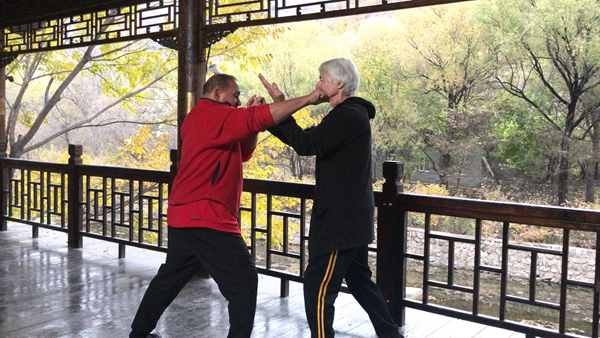

Firm foundation
Throughout its history, the CPC's emphasis on equality, consensus building and other tenets have formed a firm foundation for the country, Brahm says.
"The CPC came to power on the mandate that it was going to create a sense of equality, and to try to bring everyone up together.
"To a great extent, the Western world doesn't really understand the China model, but that is the mandate that's being carried through today, and that still captures the hopes and aspirations of Chinese people," he says.
"That's why the CPC is extremely strong in its political position today. Despite all of the predictions by Western think tanks, ivory-tower academics and people who have never had to deal with the reality on the street.
"We have to understand, in the context of 100 years, why the CPC is able to not only maintain its momentum, but in many ways today to even have a greater momentum than ever before," Brahm says.
"There's a lot of debate within the CPC about what kind of policies to adopt and how to solve problems, but those debates occur within a process of consensus building.
"That process is one of constant internal lobbying, many meetings; there are different views, there are different divergent views. And what happens is, over time, there's a filtering process to find common ground that will work. This is a process which is very dynamic in the Party," he says.
"This is very different from what you see in a Western context. It's not about personality attacks; it's about solving problems.
"Once that consensus is there and everyone's saying, 'look, we've got to do this thing', it allows for very rapid implementation of policy decisions."
The Party-led success is critically and continually grounded in meeting the needs of the people and providing solutions to real problems, Brahm says.
"We have to understand that the Party, by its nature, is constantly observing conditions and people's response. And, if a policy is not working, its leaders and members will rethink and respond with a new one quickly," he says.